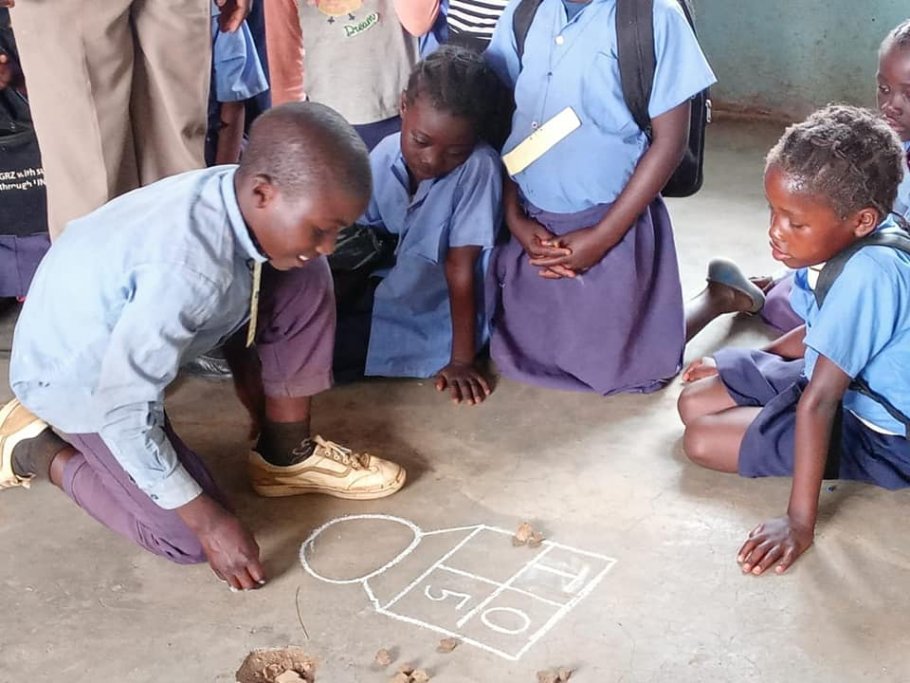
Catch - Up Programme
In Zambia, the Catch-Up Programme is being implemented in order to help improve foundational literacy and numeracy skills among learners , helping them to better lives as social, educational, and career prospects are being taken care of.
Catch-up is a contextualized version of Teaching at the Right level (TaRL) an evidence-based remedial education programme originally developed by Indian NGO Pratham.
The Catch Up Project in Zambia begun after a successful completion of the Catch Up pilot project in 2017, USAID and the University of Cape Town have commissioned VVOB through J-PAL Africa to mainstream the ‘Teaching at the Right Level’ approach in two provinces in Zambia.
This was preceded by a national assessment of literacy and numeracy of primary school students in 2014. The assessment brought to light some disconcerting figures: nearly 1 in 7 grade 2 learners were unable to read a single word in their local language, and 30 per cent of Grade 5 learners were illiterate with poor math skills.
One of the underlying reasons for this learning challenge was the size of class groups. Large classrooms contained large variations of learning levels. Learners that were lagging behind never had the chance to catch up in big heterogeneous groups. These pupils are mostly vulnerable to demotivation and eventual dropout, negatively impacting their future.
The Ministry of General Education then in Zambia was committed to improving the learning outcomes in literacy and numeracy of all its primary students in grades 3 to 5. With the support of J-PAL Africa, Innovations for Poverty Action (IPA), Pratham, UNICEF, USAID and VVOB Zambia, the government piloted ‘Catch Up’ in eighty schools in 2017.
Two different models of ‘Teaching at the Right Level’ (TaRL), a remedial education approach pioneered by the Indian NGO Pratham, were tested in the Catch Up pilot project. After successful completion, the Ministry identified its preferred model: for one hour during the school day for two terms, teachers regrouped children in grades 3, 4 and 5 based on performance instead of age or grade and focused on basic literacy and numeracy skills.
The successful completion of the pilot moved the Ministry to scale up Catch Up to approximately 1,800 schools over the following three years. The project ‘Teaching at the right level in Africa: creating pathways to scale’ in Zambia was funded by USAID and coordinated by J-PAL Africa – an organisation based at the University of Cape Town – in partnership with the Zambian Ministry of General Education. VVOB provided support for the scale up for at least two years, reaching 1,200 schools.
In the pilot phase, VVOB had an implementing role at the level of teachers and schools. However, in the scale-up, VVOB operated as a capacity developer of government staff. As VVOB has a longstanding partnership with the Ministry in Zambia on top of experience with Catch Up, it is an important partner of J-PAL in taking the project to the next level.
With time, VVOB has continued partnering with different organizations to scale up the intervention of Catch Up among Grades 3 to 5 learners. The Catch -Up Programme is now being implemented in over 3,356 Zambian schools covering eight out of 10 Provinces in Zambia.




